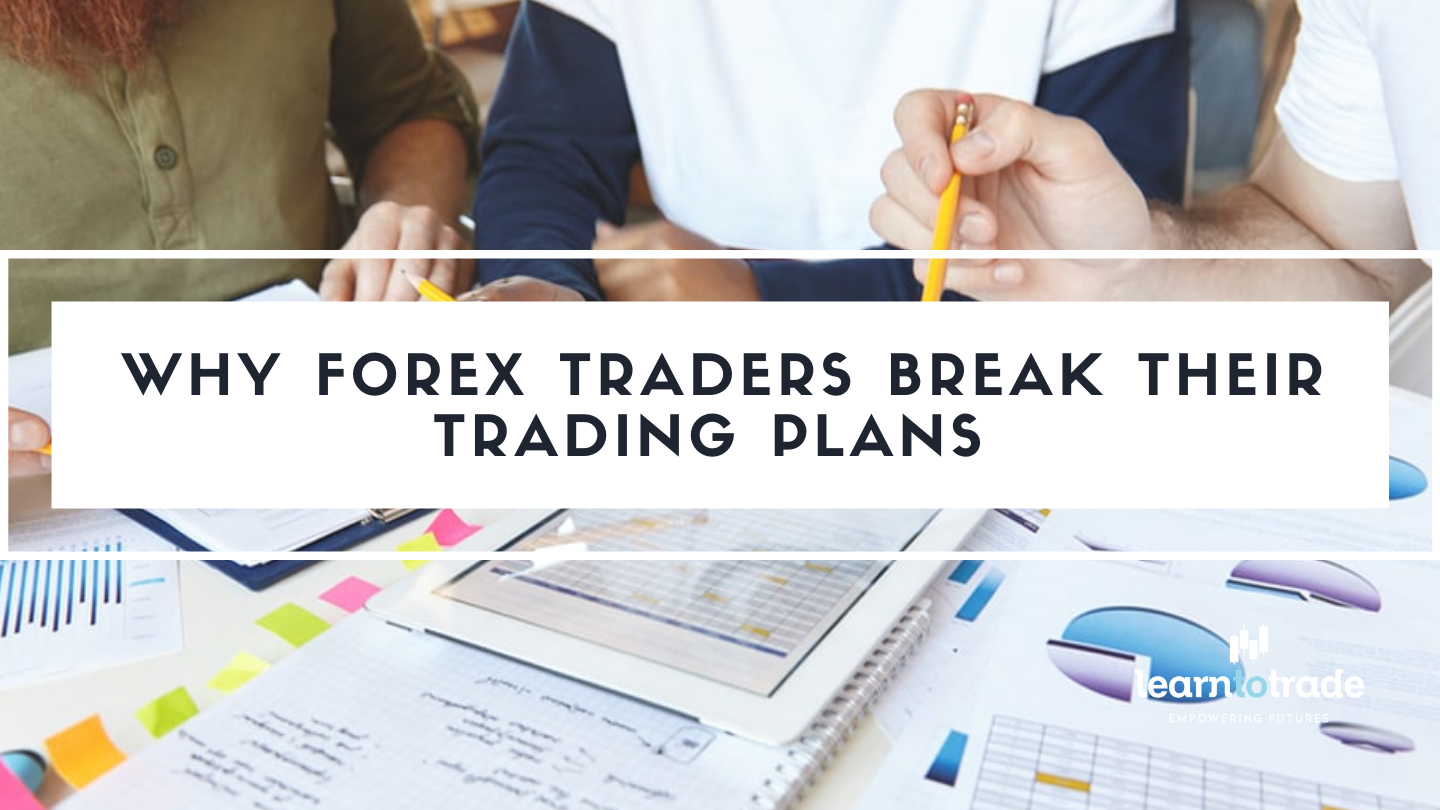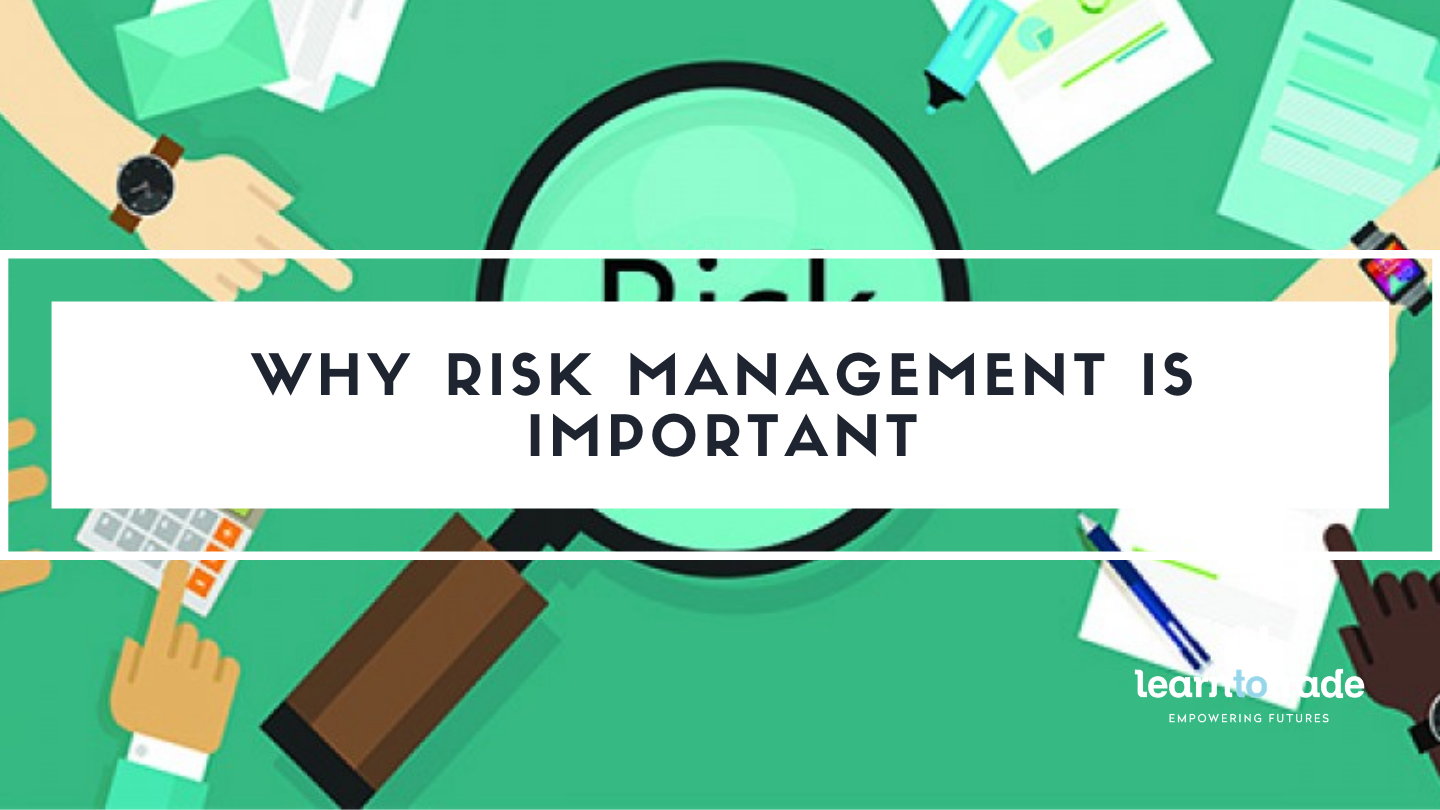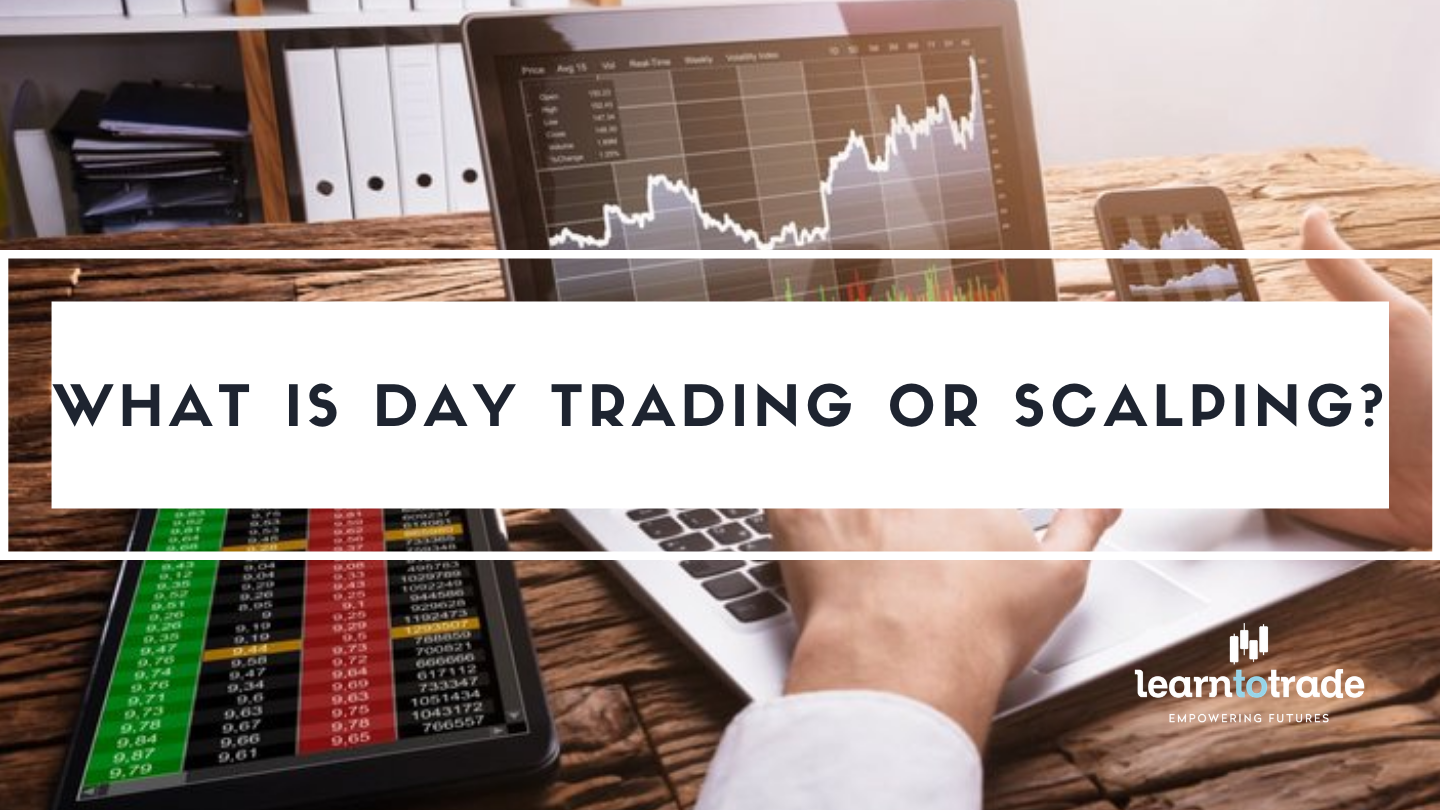5 Tips for Forex Trading Newbies

Forex trading can be tempting for many people, especially when they hear someone making a fortune out of this financial market. Some jump right into it without having any knowledge. You can indeed buy and sell currencies easily nowadays with just a click of a button in most trading platforms, but forex trading is more than just buying and selling.
You might have a lucky streak for about 2 to 3 trades, but eventually, your luck might just run out, and without educating yourself with the proper knowledge, risk management, and strategies, you might only lose all those profits and your entire trading account within a matter of days or weeks.
If you want to be profitable in the forex market, always remember to educate yourself. There is much to learn in forex trading even professional traders keep on educating themselves even up to this day. To be consistent in your trades, it is relatively essential to regularly review proven trading methods and techniques and see what works best in a particular market condition.
Here we will provide some forex tips that might help forex newbies out there:
Limiting your losses
Consistent trading is more on focusing on limiting your losses rather than making profits and making this your main objective will help you make sound decisions before placing a trade.
We all know that it is impossible to avoid losses due to the volatility of the market. There are many technical and fundamental factors to consider when the trade suddenly goes against you, so you should always make sure that you follow a set trading plan and set a probable stop loss to keep losses to a minimum.
It is also best to keep your trades open to a maximum of 3 trades to limit your losses. The last thing you would want to do is to set your stop loss far more than the percentage that you traded or, much worse, not putting a stop loss.
Always follow your trading plan and your risk management. Make sound decisions before making any trades, and just in case you incur losses, don’t get too frustrated. Losing is a part of the game, and there are still far more opportunities in the market waiting for you.
Know your limits before opening any positions
Now that you know the importance of limiting your losses and why stop loss is essential, you should also have “maximum allowable loss” that must be considered when managing your total trading capital.
You should only trade with money that you can lose and setting a maximum allowable loss will help you determine if you are overtrading or making trades that are not within your trading plan.
Setting a “total loss limit” at the beginning of each month is also essential. When this level is reached, you should stop trading for a while and re-assess your strategies.
When you are ready to trade again, re-evaluate your current strategies and most recent trades, learn from your mistakes, and then move on. It is crucial not to take losses to seriously as this may affect your confidence and trading and may result in bad trades.
Only use techniques and strategies that fit your trading style.
Good trade setups are determined by the strategies that you learned and knowing their mechanisms. It would be best if you also learned the shortcomings of your approach to see how that strategy will perform in a trade when the market suddenly goes against you.
Focus on positions where your strategies work best and consider if it goes well with your risk-management plan. Don’t use complicated or advanced strategy simply because they are “advanced and complex”. It will just complicate your trades. Most professional traders don’t use too much-complicated methods and indicators. Using too much of these will only give you mixed signals, and it will be hard to decide.
The key is to develop and master strategies and techniques that fit your trading style and lifestyle. Also, use the only strategy that works the specific market and timeframe.
The art of patience
During the opening day of a trade, this is the best time to analyze the market to assess all the potential trades in advance. Timing your entries upon making your analysis for the day requires thorough knowledge of market trends and charting techniques with fundamental analysis.
Patience is of great importance in trading. Entering a trade just because it’s in a trend is not enough to have a high probability trade. You have to make a thorough analysis and dismiss any thought of “missing out” in placing your trades. There will always be better opportunities, and your success lies in your understanding of establishing a successful exit because it is also the product of a proper entry.
Always follow your trading plan
Having a trading plan is the most critical discipline that you need to have in trading. Failing to plan is planning to fail. This discipline is essential not just in forex trading but also in other aspects of life.
Your trading plan will determine your success because this will help you make sound judgments before placing a particular trade. Your Trading Plan is your formula for success, and you should stick with it in every trade.
Don’t forget to follow and subscribe for more updates about market trends, analysis, forex news, strategies, and more!
Do you want to learn more about forex trading? Sign up now on our FREE forex webinar and reserve your FREE seats while it still lasts!
Risk Disclaimer:
Information on this page is solely for educational purposes only and is not in any way a recommendation to buy or sell certain assets. You should do your thorough research before investing in any asset. Learn to Trade does not fully guarantee that this information is free from errors or misstatements. It also does not ensure that the data is entirely timely. Investing in the Foreign Exchange Market involves a great deal of risk, resulting in the loss of a portion or your full investment. All risks, losses, and costs associated with investing, including total loss of principal and emotional distress, are your responsibility.






































